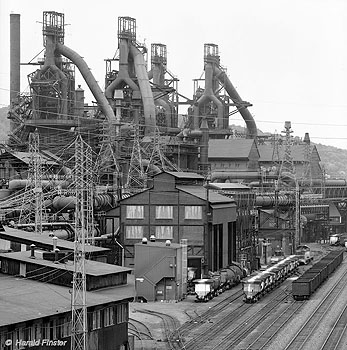![]()
What you must do in this unit
- Read chapters 22 and 26 in the textbook.
- I have a lot of course notes for this unit of the course: the Enlightenment and Scientific Revolution, Voltaire and his idea of religion, Mary Wollstonecraft; Industrialization and Marxism; Nineteenth-Century Nationalism.
- You can also watch my short video on the Scientific Revolution and Enlightenment and then my short video on the Industrial Revolution.
- Professor Campbell has two relevant videos for this unit: Was The Enlightenment B.S.? and Was The Industrial Revolution B.S.?
- Study the Questions to Consider and the Key Terms for the unit.
- Post (or respond) with your thoughts/ideas/comments in the discussion board in Canvas: How did the Industrial Revolution affect societies in Europe and around the world? (5 points)
What you can do in this unit
- Check out the National Archives website devoted to the Declaration of Independence, which has images, transcripts and critical articles.
- The idea of women's rights first appeared during the Enlightenment and the French Revolution, but it took a long time for women to receive the right to vote in the United States. See this timeline by Tabitha Kleehammer (summer 2016) on First Wave Feminism.
- Rebecca Tucker has a short timeline on non-Western inventions that were a part of the Industrial Revolution.
Some videos that you can watch for this unit
- Tea, Taxes, and The American Revolution: Crash Course World History #28
- The Scientific Revolution and the Age of Enlightenment | World History | Khan Academy
- Isaac Newton (biography.com)
- Isaac Newton (history.com)
- Steven B. Smith - Yale, Democracy and Participation: Rousseau's Social Contract
- Coal, Steam, and The Industrial Revolution: Crash Course World History #32
- Industrial Revolution (history.com)
- The English Industrial Revolution I
- Industrial Revolution: Spinning Mills
- John Merriman - Yale, Industrial Revolutions
- Courbet's A Burial at Ornans
- For extra credit please suggest to your instructor a relevant video for this unit of the course. Send the title of the video, the URL and a brief explanation of why you find the video interesting and applicable to the material that is being studied in this unit.
Extra Credit Options
- For up to 100 points of extra credit, submit the De-Industrialization Assignment paper.
- For up to 25 points of extra credit, watch Amadeus and write a one-page paper in which you examine which aspects of the European Enlightenment the movie illustrated.
- For up to 20 points of extra credit, read Nicholas Copernicus, The Revolutions of the Heavenly Bodies, 1543, excerpts, and write a one-page paper explaining some of the revolutionary ideas found in this text. Please be sure to include quoted material.
- For up to 20 points of extra credit, read the American Declaration of Independence and then submit the Declaration paragraph.
- For up to 20 points of extra credit, read the excerpt from Friedrich Engels on Industrial Manchester in 1844 and submit the Industry paragraph.
- For up to 10 points of extra credit, in a long paragraph, What did Voltaire mean, in terms of the European Enlightenment, when he wrote "let us cultivate our garden" at the end of Candide (free copy).
- For up to 10 points of extra credit (maybe more), have a look at Isaac Newton, Principia Mathematica and write a long paragraph explaining some of the revolutionary ideas found in this text. Please be sure to include quoted material.
- For up to 10 points of extra credit, in a long paragraph comment upon Voltaire's criticism of organized religion in his dictionary entry.
- For 5 points maximum extra credit, answer the Declaration study sheet questions.
- For 5 points maximum extra credit, answer the Industry paragraph study sheet questions.
- For extra credit, please suggest a relevant website for this unit of the course. Send your instructor the title of the site, the URL and a brief explanation why you find the information interesting and applicable to the material being studied this unit.
Unit Learning Objectives
- Upon successful completion of this unit, you will be able to (1) explain the basic ideas of the Enlightenment and the Scientific Revolution, (2) identify some of the key inventions during the Industrial Revolution and (3) assess the causes and effects of industrialization in the western world.
